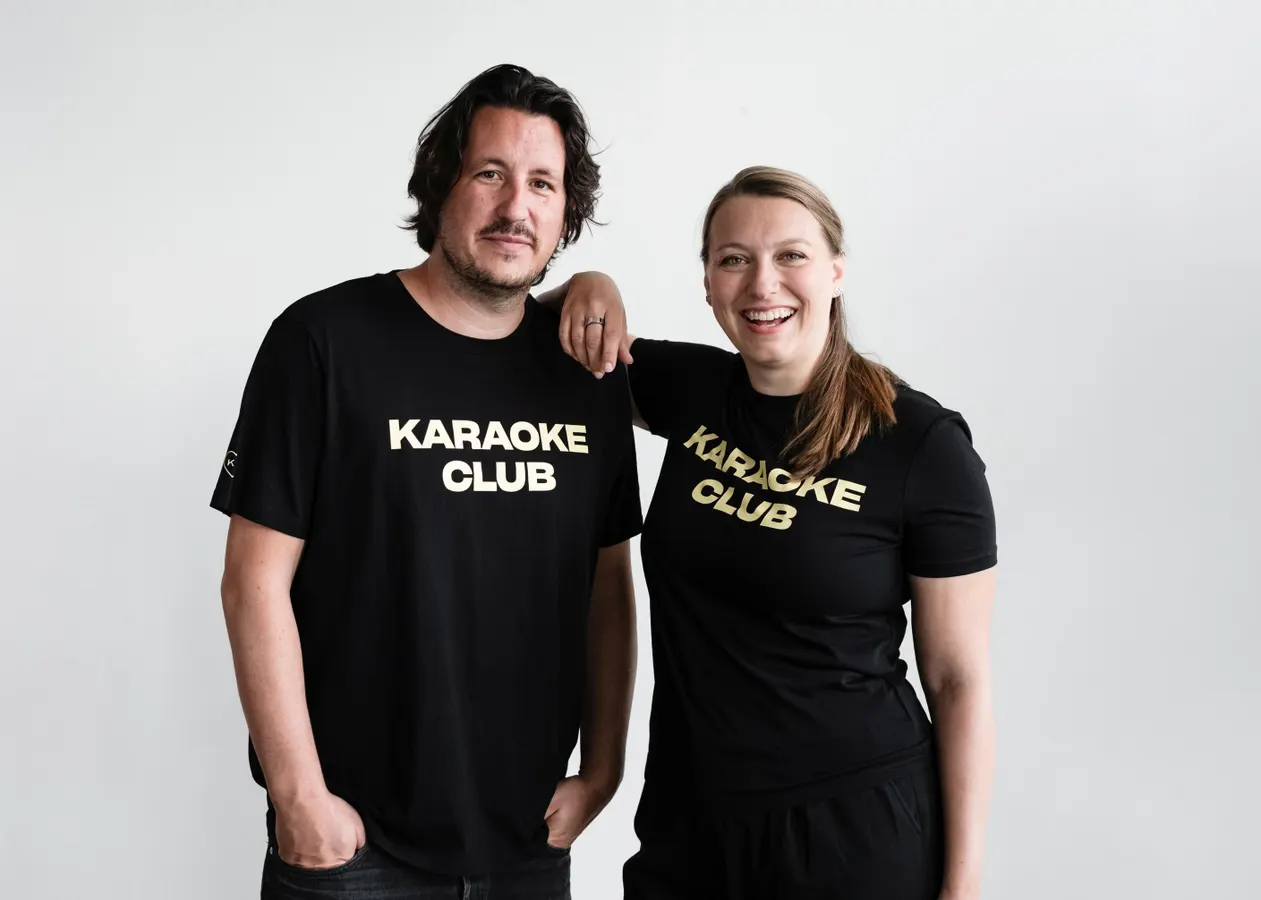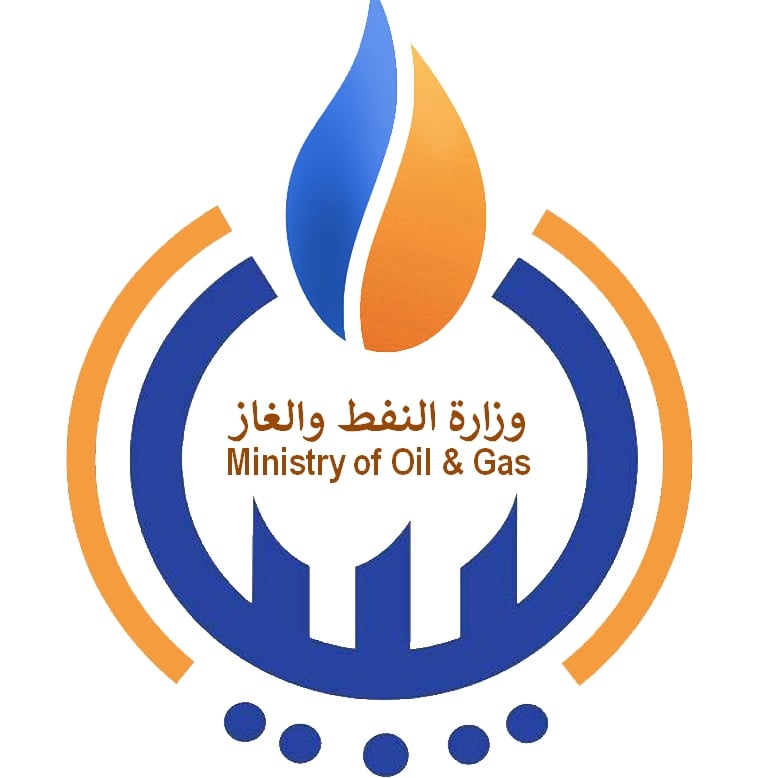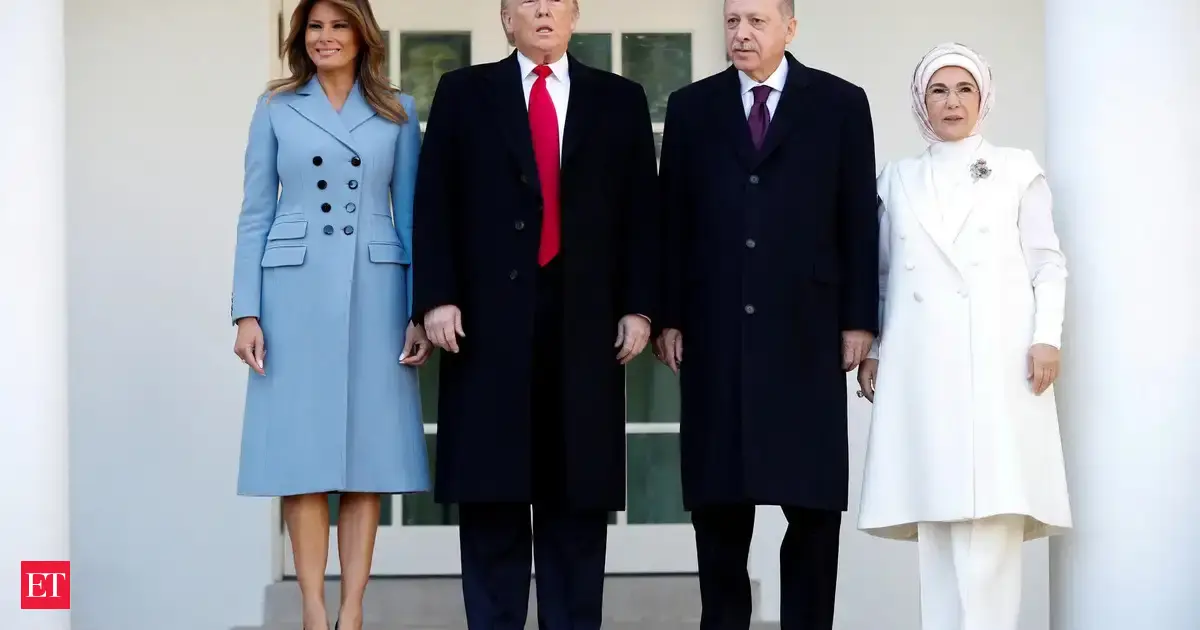By Contributor,Melinda Elmborg
Copyright forbes

While Europe has long been skeptical of accelerators, a new generation of programs is changing the game—and changing minds about what early-stage support can actually deliver.
Nino Subotic and Melinda Elmborg are the cofounders of Karaoke Club, the third of a wave of accelerators that have launched in 2025.
Daniel Zachrisson
For years, European founders have largely avoided accelerators. Unlike in the US, where Y Combinator and 500 Startups built legendary reputations for launching unicorns, European accelerators struggled with a perception problem. Too much equity taken for too little capital provided. Questionable value-add. Time-consuming programs that distracted from building actual products.
That reputation is rapidly changing. Across Europe, a new wave of accelerator programs is emerging. They’re backed by successful founders who understand what today’s startups actually need. These aren’t the accelerators of old. They’re faster. Pan-European and designed for an era where small teams can achieve outsized impact.
The AI Productivity Revolution
The fundamental insight driving this transformation is simple but profound. AI has dramatically altered what small teams can accomplish. Where building a competitive product once required teams of 10-15 people across engineering, design, and operations, AI tools now enable 2-3 exceptional founders to achieve similar output in a fraction of the time.
This shift makes smaller funding rounds—typically €200,000–€500,000—far more effective than they were even two years ago. More importantly for founders, these smaller rounds can be raised in weeks or days rather than the months typically required for larger VC rounds. When speed of iteration determines market position, this velocity advantage has become crucial.
MORE FOR YOU
But there’s a bigger picture here. These programs are enabling more people to become founders in the first place. When someone believes in you early and funds you, you don’t need to get a job. You can take the entrepreneurial leap. This creates a virtuous cycle—more startups in the ecosystem, more deal flow for later-stage investors, and ultimately more companies reaching the IPO market.
The New European Accelerator Champions
In UK, Project Europe launched in March 2025 with Harry Stebbings of 20VC at the helm. He has brought together 125 of Europe’s most successful founders, including backing from Patrick and John Collison from Stripe, Mati Staniszewski from ElevenLabs, and Joel Hellermark from Sana. The program targets founders under 25 with €200,000 investments for 6.66% equity.
What makes Project Europe different is its focus on young talent. They invest in batches and host “coworks”, bi-monthly meetups in different cities where program participants come together. They are joined by accomplished founders, with Kitty Mayo (previously at Entrepreneur First) serving as CEO.
The EWOR management team
From Germany, EWOR launched its €60 million founder fellowship in April 2025, a virtual first module-based program. Founded by six entrepreneurs with experience at companies like SumUp, Adjust, ProGlove, and United-Domains. EWOR offers selected founders €500,000 in capital for a 7% stake, copying Y-Combinator’s offer. Fellows get support with access to 2,000 mentors, VCs, and subject matter experts.
EWOR’s latest fund is backed by some of the best late-stage funds globally, including Accel, Atomico, and Insight Partners.
And today, a new player is entering the game. Karaoke Club launches from the Nordics with a distinctly community-focused approach. Led by Melinda Elmborg and Nino Subotic, who previously managed Fast Track Malmö, have many years of experience in running accelerator programs and supporting founders going from 0 to 1.
Karaoke Club is backed by an impressive roster of Nordic tech veterans who also support the founders in the portfolio. The list includes Hampus Jakobsson, Jan-Erik Solem, and many more experienced founders who understand the journey. Karaoke Club focus on ambitious founders starting software startups and participate with capital in angel rounds of €200–700k.
What sets Karaoke Club apart is its emphasis on community. They organize reflection sessions and off-sites where founders come together and work alongside each other. The model recognizes that building a startup can be isolating and creates structured opportunities for peer learning and support.
Beyond Capital: What Founders Actually Get
These new programs are making waves because they recognize what support founders want. Rather than generic business development courses, they offer direct access to founders who’ve solved similar problems at scale. The mentorship is hands-on and tactical. How to navigate specific technical challenges. How to think about product development. How to build winning teams. How to grow the customer base.
Project Europe’s focus on founders under 25 reflects a recognition that this generation of entrepreneurs thinks differently about building companies. The program targets those “solving hard problems with technical solutions” and doesn’t require prior education or funding.
Kieran Hill and Harry Stebbings celebrating the announcement of 20VC.
Project Europe
“In every corner of every European country, we have the hungriest, grittiest, and talented entrepreneurs,” says Harry Stebbings about Project Europe. “It is time to unleash them. To empower them. To make them think bigger, with more resources, more talent, and more opportunity.”
Karaoke Club’s community-driven approach addresses something often overlooked: the psychological challenges of early-stage entrepreneurship. When you’re a team of two building something completely new, having peers who understand exactly what you’re going through becomes invaluable.
The Ecosystem Effect
The real impact of these programs extends far beyond the companies they directly fund. By enabling more people to become founders, they’re creating a multiplier effect throughout the European startup ecosystem. Every founder who gets early backing and validation is someone who might otherwise have taken a corporate job.
This matters for later-stage investors too. More early-stage companies mean more potential winners to back in Series A and beyond. More successful companies mean more experienced founders who can then mentor the next generation. More exits mean more capital recycling back into the ecosystem.
European IPO markets have been relatively quiet compared to the US. But if these programs succeed in creating more fundable companies, that could change. The infrastructure is being built from the ground up.
Looking Ahead For Accelerators
The success of initiatives like Project Europe, EWOR, and now Karaoke Club will ultimately be measured by whether they can demonstrate that AI has truly changed the fundamental economics of startup building. Early indicators suggest they’re onto something significant. Portfolio companies are achieving traction faster and with smaller teams than would have been possible even two years ago.
One example of that is Emfas, a startup founded in 2024 in Stockholm. With enough traction for most seed VCs, they still opted for a smaller round this spring. They have decided to keep their team to 5 people, even after the financing round.
“Our mission is to build the best possible product for our users. We believe that raising VC can be a distraction from this mission, leading us to chase metrics rather than focus on the users,” says Vidar Trojenberg, cofounder and CEO of Emfas. “That’s why we, at this stage, instead raised an angel round, joined by some of our client partners and Karaoke Club.”
For ambitious European founders, this creates new pathways to building significant companies. The combination of AI-powered productivity, faster funding cycles, and founder-driven mentorship networks offers an alternative to the traditional venture capital route. One that may be particularly suited to the current technological moment and European startup culture.
The accelerator may have had a reputation problem in Europe. But in the age of AI, that’s rapidly changing. What’s emerging is a model that finally works for European founders. A model designed for an era where small teams can achieve extraordinary things.
Disclosure: The author is a cofounder of Karaoke Club, one of the accelerator programs discussed in this article.
Editorial StandardsReprints & Permissions



